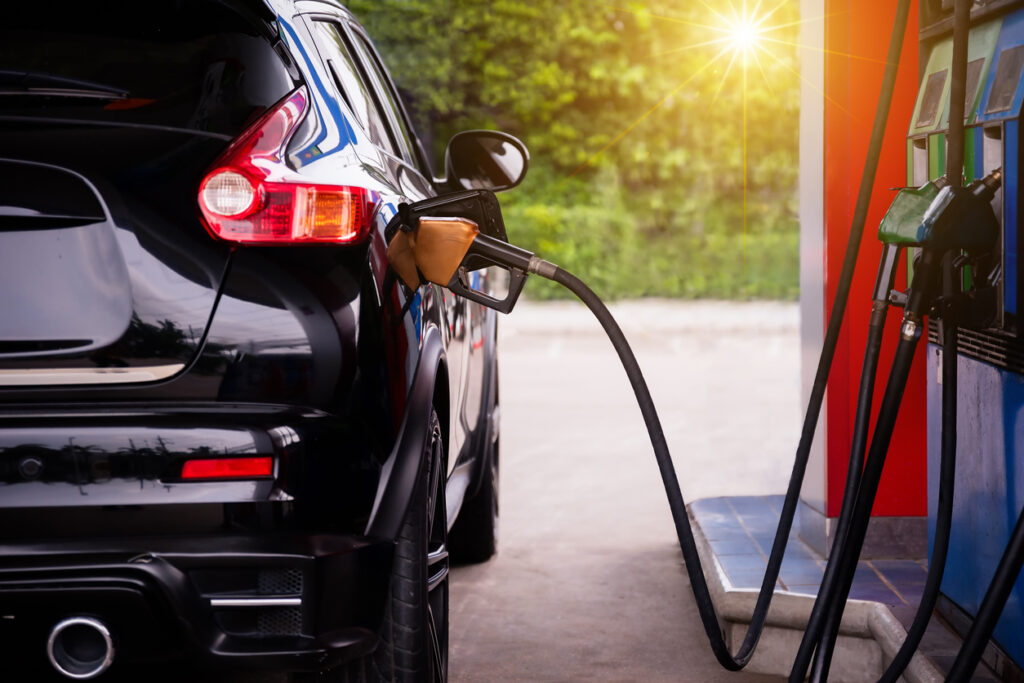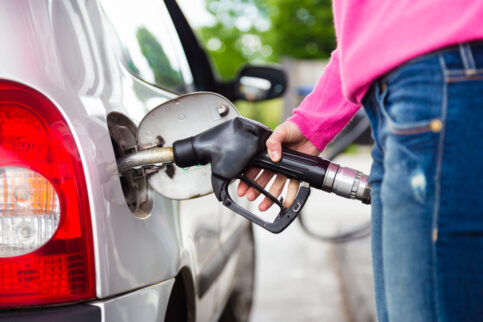Gas prices fluctuate so wildly, it seems pointless to worry about what you actually put in your tank. Add labels like “premium,” and you likely assume that means “more money.” It does, but sometimes spending more on premium gas is necessary. In fact, for some vehicles, premium gas is a must; for others, though, it is only recommended. Understanding the difference between premium and regular gasoline and which one you need is key to keeping your vehicle in top condition.
Gasoline’s Octane Rating
The main difference between regular and premium gasoline is the octane rating. Octane ratings represent how heat resistant a fuel is. When fuel burns unevenly in an engine’s cylinders, the vehicle may emit a rapid tapping or pinging sound, known as engine knock. If ignored for too long, knocking can seriously damage the car’s engine, leading to expensive repairs. (If you are concerned your engine may be knocking, you should have your vehicle assessed by a mechanic right away.)
To help prevent engine knock, fuel your car with gas that has the octane rating for your vehicle. In Canada, regular gas will typically have an octane rating between 87 and 89. Premium gas, this range lies usually between 91 and 93.
Although premium gas is better at preventing knocking, only high-compression or turbocharged engines need it. You’ll typically find these in luxury or high-performance vehicles. Low-compression engines run fine on regular gas.
Does Premium Have Other Benefits?
Some people assume premium gas gives an engine more power or lasts longer than regular gas because of the higher octane rating. However, this is only true for high-compression engines that require premium fuel to reach their peak level of performance. For the majority of cars, premium gas will have no effect on their performance.
In other words, unless you drive a car that requires premium gas, you’re wasting your money paying the premium price.
Does Brand of Gasoline Matter?

The short answer is yes. Although all gas comes from the ground, the difference lies in the additives gas companies use that influence an engine’s resistance to carbon buildup. An excess of carbon deposits can diminish performance, reduce fuel economy, and cause other issues that impact your car’s overall drivability.
So, even if you buy regular gas with the same octane level from two different brands, one may be better for your car than the other. Consumer Reports advises fuelling your car with top-tier gas whenever possible. However, in the event of a shortage, go with whatever brand is most affordable.
Premium Gas or Regular Gas? Just Read the Manual
If your car’s manual says to use premium gas, then do. You might find this information on or near the gas cap of your car or the fuel gauge, as well. If premium fuel is recommended by your manual but not required, then you can regular gas. Most vehicles on the road today are built to run on regular gas. Therefore, spending the extra money on premium will not make a noticeable difference to your driving experience. Essentially, unless you are driving a luxury or high-performance car, you can save yourself the money and use regular gas.


